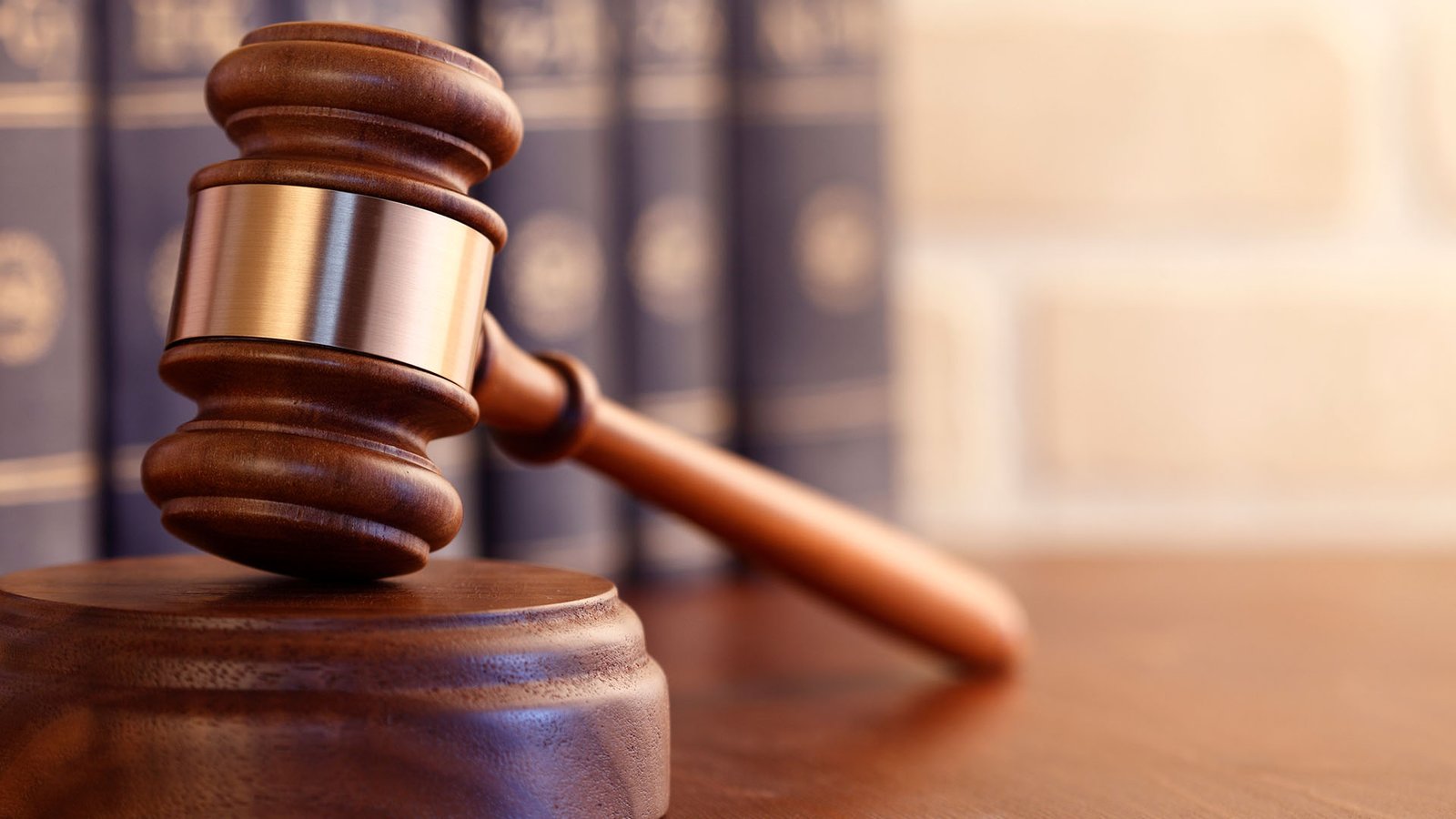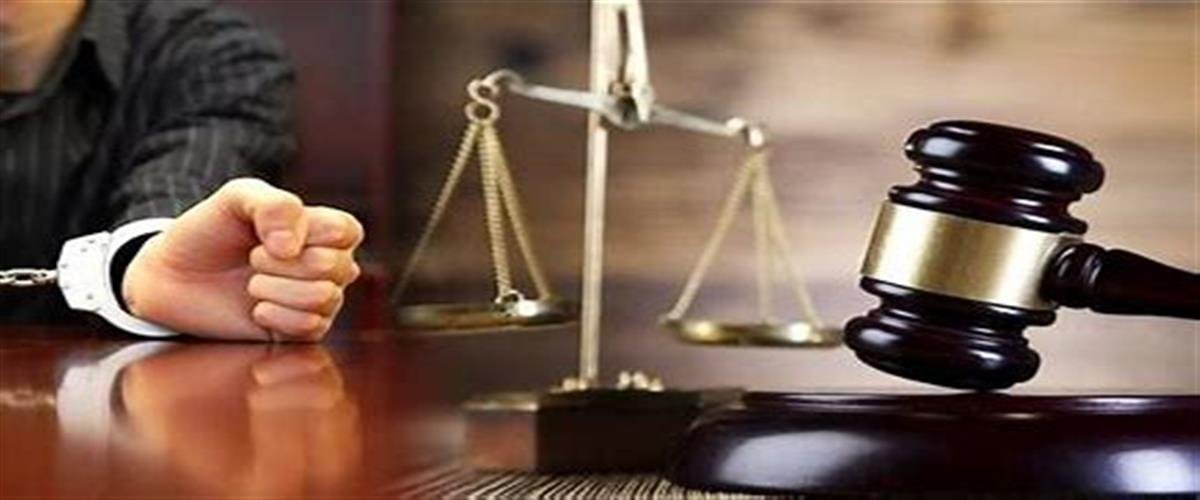A defense attorney plays a crucial role in the legal system, representing individuals accused of crimes and ensuring they receive a fair trial. Understanding the responsibilities and duties of a defense attorney helps to appreciate their vital role in safeguarding justice and defending the rights of the accused. This article explores the key functions of a law, their responsibilities, and how they contribute to the legal process.
Key Responsibilities of a Defense Attorney
Legal Representation
Advocating for the Client
- Client Advocacy: The primary responsibility of a defense attorney is to advocate on behalf of their client, ensuring that their rights are protected throughout the legal process.
- Client Consultation: Attorneys provide legal advice, explain the charges, and discuss potential strategies for defense with their clients.

Case Preparation
Building a Strong Defense
- Investigation: Defense attorneys conduct thorough investigations to gather evidence, interview witnesses, and review police reports and other relevant documents.
- Strategy Development: Based on their findings, attorneys develop a defense strategy tailored to the specifics of the case. This may involve negotiating plea deals, challenging evidence, or preparing for trial.
Court Representation
Navigating the Legal System
- Trial Advocacy: During the trial, defense attorneys present arguments, cross-examine witnesses, and make motions to challenge the prosecution’s case.
- Legal Procedures: They ensure that all legal procedures are followed and that their client’s rights are upheld in court.
Duties of a Defense Attorney
Ensuring Fair Trial Rights
Protecting Constitutional Rights
- Due Process: Defense attorneys ensure that their clients receive due process and that all legal proceedings are conducted fairly.
- Pre-Trial Motions: They may file pre-trial motions to suppress evidence, dismiss charges, or address other legal issues that could affect the outcome of the case.
Negotiating Plea Deals
Exploring Settlement Options
- Plea Bargaining: Attorneys negotiate with the prosecution to reach a plea agreement that may result in reduced charges or sentencing in exchange for a guilty plea.
- Client Decision: They advise clients on the benefits and risks of accepting a plea deal versus proceeding to trial.
Representing Clients at Sentencing
Advocating for Fair Sentencing
- Sentencing Hearings: Defense attorneys represent their clients during sentencing hearings, presenting mitigating factors and arguing for leniency.
- Post-Trial Motions: They may file motions for a reduced sentence or appeal if the client is dissatisfied with the outcome of the trial.
Challenges Faced by Defense Attorneys
Dealing with Complex Cases
Handling Difficult Situations
- Complex Evidence: Defense attorneys often deal with complex evidence and legal issues that require meticulous analysis and expertise.
- Emotional Strain: Representing clients in serious criminal cases can be emotionally challenging, especially when the stakes are high.
Ensuring Client Cooperation
Managing Client Relations
- Client Communication: Attorneys must manage relationships with clients who may be uncooperative or emotionally distressed.
- Client Expectations: Balancing client expectations with the realities of the legal process can be a challenging aspect of the defense attorney’s role.
The Importance of a Defense Attorney in the Legal System
Upholding Justice
Ensuring Fairness
- Checks and Balances: Defense attorneys serve as a check on the prosecution and law enforcement, ensuring that the legal system operates fairly and that the rights of the accused are protected.
- Fair Trial Guarantee: Their role is essential in guaranteeing that every individual receives a fair trial, regardless of the charges against them.
Protecting Constitutional Rights
Defending Rights
- Constitutional Protections: Defense attorneys play a crucial role in defending constitutional protections such as the right to a fair trial, the right to remain silent, and protection against self-incrimination.
- Legal Safeguards: They help ensure that legal safeguards are in place and that the defendant is not subjected to unlawful or unfair treatment.
Conclusion
The role of a defense attorney is vital in the legal system, ensuring that defendants receive fair representation and that their rights are upheld throughout the legal process. From case preparation to court representation, defense attorneys advocate for their clients and work to safeguard justice. Understanding their responsibilities and challenges highlights the importance of their role in maintaining a just legal system.









